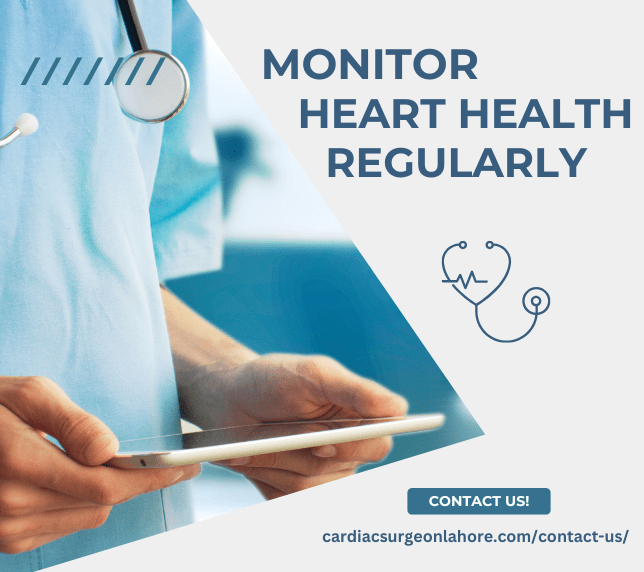Annual Physical Examination
Schedule a yearly visit with your healthcare provider for a comprehensive heart health assessment. During this checkup, your doctor will review your medical history, assess risk factors, and perform various tests to evaluate your heart function.
Blood Pressure Monitoring
Monitor your blood pressure regularly at home or through medical checkups. High blood pressure can strain the heart and increase the risk of heart disease and stroke. Maintain blood pressure within a healthy range through lifestyle modifications and, if necessary, medication prescribed by your doctor.
Cholesterol Screening
Undergo regular cholesterol screenings to monitor your lipid profile. High LDL cholesterol (bad cholesterol) levels can lead to plaque buildup in the arteries, increasing the risk of heart disease. Discuss with your healthcare provider the appropriate frequency of cholesterol testing based on your age, risk factors, and medical history.
Blood Sugar Testing
If you have diabetes or are at risk of developing it, monitor your blood sugar levels regularly. Elevated blood sugar levels can damage blood vessels and increase the risk of heart disease. Follow your doctor’s recommendations for managing diabetes and maintaining blood sugar levels within target ranges.
Electrocardiogram (ECG or EKG)
Undergo periodic electrocardiograms to assess the electrical activity of your heart. An ECG can detect irregular heart rhythms (arrhythmias), which may indicate underlying heart conditions or increased risk of complications such as stroke or sudden cardiac arrest.
Stress Tests
Consider stress tests as recommended by your healthcare provider to evaluate your heart’s response to physical activity. These tests can help assess cardiovascular fitness, detect coronary artery disease, and determine appropriate exercise prescriptions.
Body Mass Index (BMI) Monitoring
Track your body mass index (BMI) regularly to assess your weight status and identify potential obesity-related risks. Maintaining a healthy weight reduces the strain on your heart and lowers the risk of heart disease, stroke, and other health complications.
Lifestyle Counseling
Discuss lifestyle modifications with your healthcare provider to promote heart health. This may include recommendations for a heart-healthy diet, regular physical activity, smoking cessation, stress management techniques, and strategies to improve sleep quality.
Medication Management
If prescribed medications for managing cardiovascular conditions or risk factors, adhere to your medication regimen as directed by your doctor. Attend medication reviews and follow-up appointments to ensure optimal heart health management.




